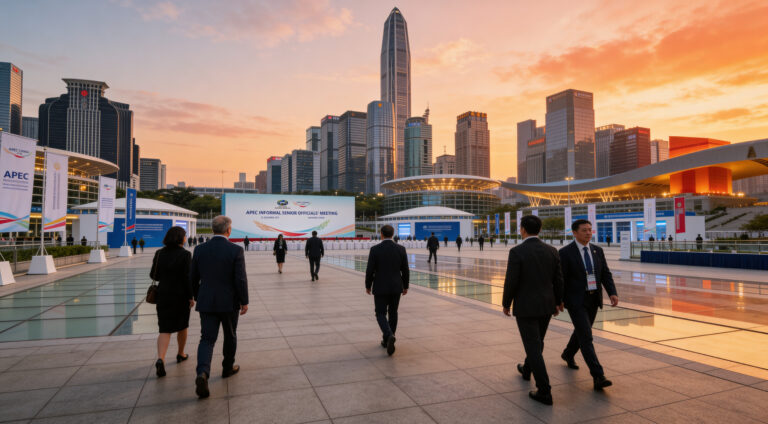The Price of Luxury: Will the Industry Embrace Sustainability?
Like other sectors of the economy, the luxury goods industry has come under much scrutiny due to the growing concern for climate change. Entrepreneurs and industry experts argue for a complete paradigm shift not only in the marketing strategies but also in the approach disdainfully used towards treating the environment. Going green is no longer a preferred strategy; it needs to be adopted in order to remain competitive and profitable in the long run.
Luxury Goods Industry: Its Major Challenges Including Climate Change
As detailed in the source material, “altogether climate change is staring at each of us, identifying no boundaries to who you are or which industry you belong to.” As the environmental degradation worsens over time, no sector will remain unaffected. The luxury industry, heavily regarded as possessing the most exclusive items, is susceptible to the impacts of climate change. If the rest of the people have to deal with the harsh impacts, what makes the upper class immune? Perceptions about climate change and what it can bring about are forcing and pioneering the luxury space to shift slowly, but surely, to a greener way of conducting business.
Sasmrti – The Responsible Luxury Roundtable: A Platform for Change
The need to tackle this problem was accentuated in “Sasmrti – The Responsible Luxury Roundtable.” As Shweta Thakur Nanda, the event’s organizer, and Gautam Gupta, co-owner of luxury fashion label Asha Gautam,” attended, the participating professionals confronted the ways in which sustainable practices could be integrated into the luxury value chain.
Sustainability in Action: A Call for Civic Responsibility of Youth
The Chairperson of Blossom Kochhar Group of Companies, Blossom Kochhar, captures the heart of responsibility as: “We must do it for the future, not just for now.” That goes beyond just living responsibly; it places a moral obligation on society and citizens. Sustainability is framed as the ethical responsibility, not an economic perception.
United to Make a Difference: Collaboration for Impact
Lipika Sud, founder director of Lipika Sud Interiors, focused on active engagement at a primary level for effectual change. In her words, the most profound change will only come when the businesses, designers, policy makers, and the consumers come together to advocate for the adoption of sustainable practices and actually implement them. This is what makes the difference.
Change is Coming: Responsible Luxury is Fueling Change
As one of the facilitators of the round table, Shweta Thakur Nanda explained the dynamics within the luxury market. “The luxury market is undergoing a big shift because climate change is hitting us hard,” Thakur explained. This shift is marked by a greater focus on responsibility, sustainability, and innovation.
Nanda emphasized the impact of “conscious consumers” to explain this shift. More and more people in this group align their values with their spending, compelling luxury brands to meet their standards. The surge in demand for responsible luxury is forcing brands to rethink how they manufacture, source materials, and structure their businesses.
A New Shift in Paradigm: Responsible Luxury
Nanda noted that “responsible luxury” is coming forward and defining what the new approach of the industry would be. “It’s also a willingness to commit to sustainable and socially responsible business practices and looking after the interests of other parties involved,” she elaborated, stating that those pursuing luxury must consider the consequences of their actions on people and the ecosystem. This all-encompassing shift will transform luxury not only as an indicator of wealth and power but also as something more meaningful.
The Future of Luxury: Sustainability as a Core Value
From the insights offered, it appears that the luxury sector is undergoing a significant transformation. The need to manage climate change and the desire for responsible luxury are pressing businesses to adopt sustainability as a fundamental principle. It seems that the future of the sector will depend on how well it meets these challenges by incorporating eco-friendly practices at all levels of operation. Businesses that do not embrace sustainability as a core operating principle will likely lose consumers and become irrelevant in today’s society. Transitioning to responsible luxury is not only a matter of conscience; rather, it is a tactical decision for commanding market leadership in the long run.













